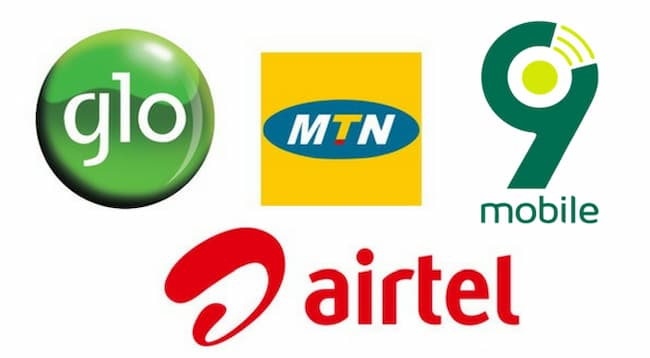MTN Nigeria’s Chief Financial Officer, Modupe Kadri, warns that Nigeria’s telecommunications sector faces potential investment losses similar to those in the oil sector if appropriate pricing is not implemented. Kadri shares this during a panel discussion at the 30th Nigerian Economic Summit (NES) in Abuja.
Kadri highlights that rising inflation and foreign exchange difficulties severely affect the telecom industry’s operations, particularly since many of its products are imported. He notes that while tariff hikes have already been applied in the petroleum and electricity sectors, the telecommunications industry has not been granted similar adjustments.
Kadri stresses the need for fair pricing to sustain business operations and attract continued investment. He explains that the telecom sector, which contributes 16% to Nigeria’s GDP, relies heavily on foreign exchange. Without proper pricing mechanisms, the sector’s ability to deliver services and attract investments is compromised.
He calls on the government to create a conducive environment for business, stating, “For customers to receive the services they want, it requires adequate funding. When investors cannot monetize their investments, the system fails.”
Telecom Industry Pushes for Tariff Review
Nigeria’s telecom operators have been advocating for a tariff increase as rising inflation and foreign exchange volatility increase the cost of operations. Industry leaders point out that telecom prices have remained unchanged for over a decade, with the last review occurring in 2013.
Operators argue that regulatory restrictions have prevented necessary price adjustments, even as other sectors have implemented increases. The sector also faces challenges such as multiple taxation, high Right of Way (RoW) charges, inadequate power supply, and infrastructure vandalism.
Prominent economist and CEO of Financial Derivatives Company, Bismarck Rewane, supports a telecom tariff increase, stating that it is necessary to ensure business sustainability and allow for investments in infrastructure, which would improve service quality.
In a recent development, Starlink, an internet service provider, increased its subscription fees in Nigeria by 97%, citing excessive inflation as the reason for the sharp rise from N38,000 to N75,000 per month.













